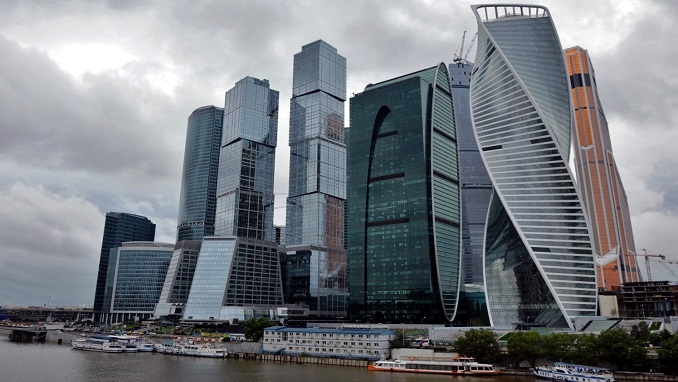Russia’s shadow economy had a 12.7% share in Russia’s GDP in 2017, latest official data by Russia’s state statistical agency Rosstat reveal, according to RBC.
Rosstat includes off-the-books salaries, unofficial employment and informal sales in its definition of the shadow economy, but does not count criminal activity. The agency’s data shows that more than $175 billion had circulated in Russia’s informal sector during 2017.
Financial authorities say the shadow economy’s share within Russia’s gross domestic product has been dropping since 2015.
Informal production in Russia totaled 11.7 trillion rubles ($175.6 billion) in 2017, Rosstat said. That reportedly amounts to 12.7% of Russia’s 92.1 trillion ruble ($1.37 trillion) market-price GDP that year.
Real estate (6.3%), agriculture (1.4%), commerce (1.4%) and construction (0.9%) accounted for the highest share of unreported production.
Russians seek under-the-table earnings because there are no high-paying jobs in the formal sector, RBC quoted Alexei Ponomarenko, a statistics and economic science professor at Moscow’s Higher School of Economics (HSE), as saying. They also stay in the shadows to avoid excess regulations and high taxes, Ponomarenko added.
The Federal Financial Monitoring Service, meanwhile, estimated that Russia’s shadow economy totaled 18.9 trillion rubles ($283 billion), or one-fifth of gross domestic product in 2017.
RBC explained that the $283 billion figure surpasses Rosstat’s $175 billion because the monitoring service accounted for gray-market imports and tax evasion.












